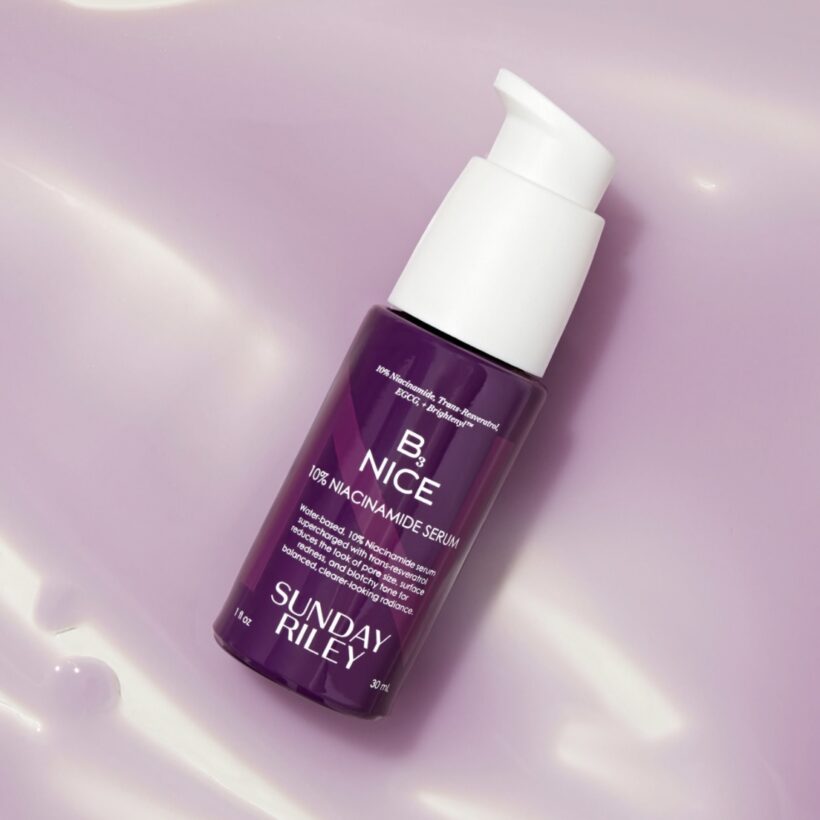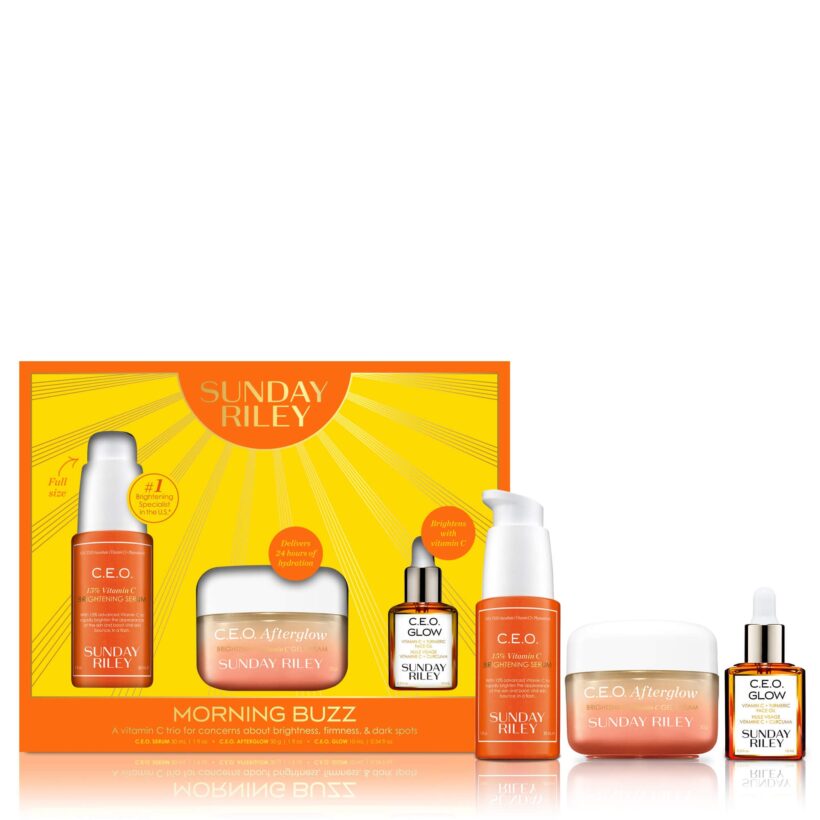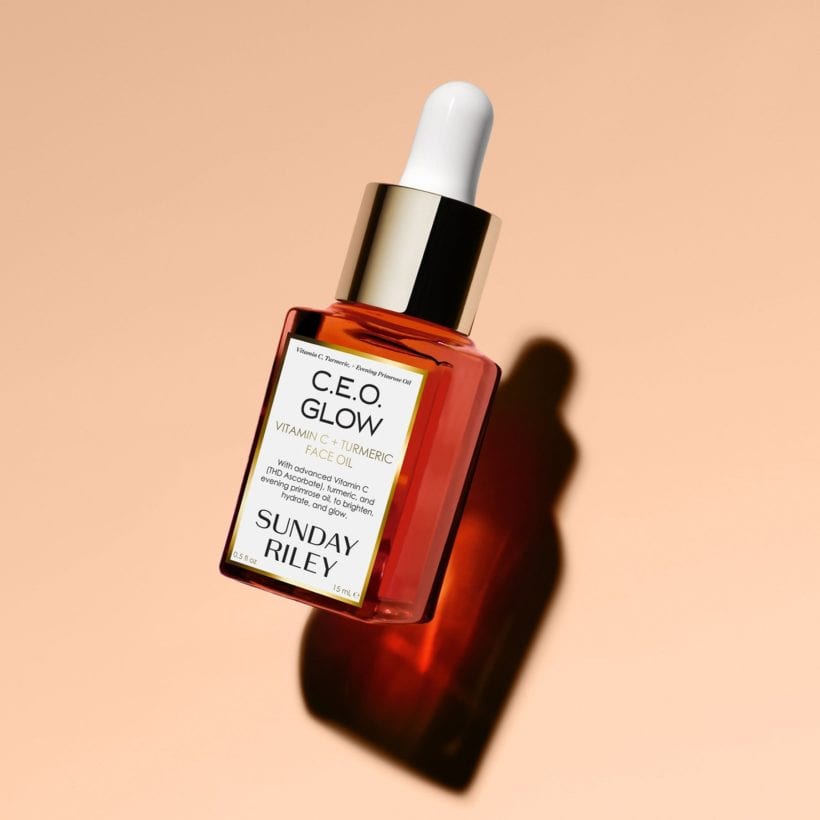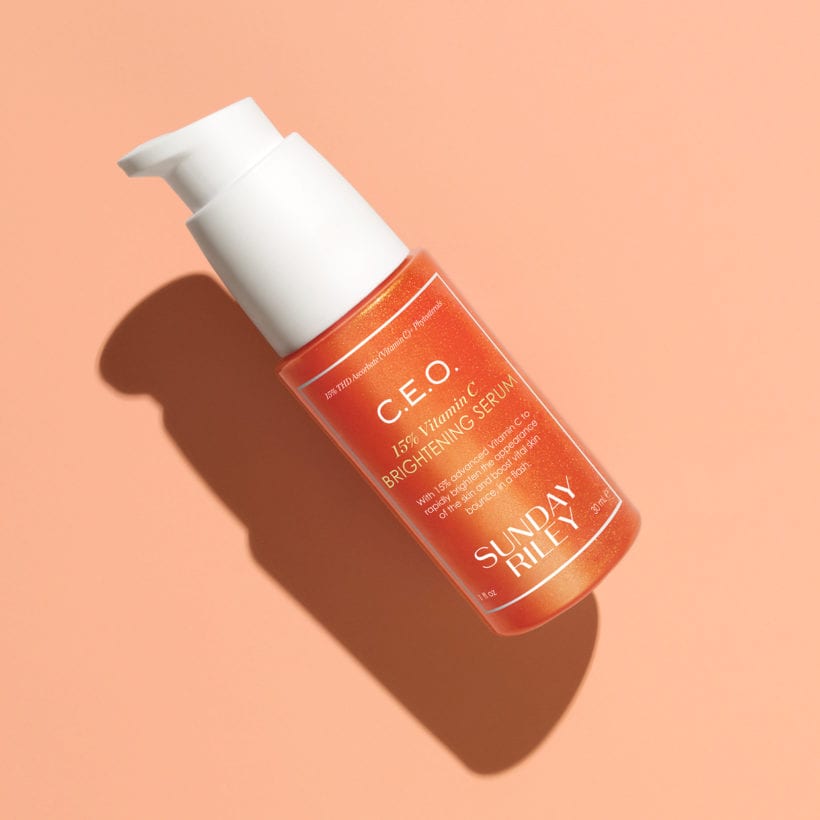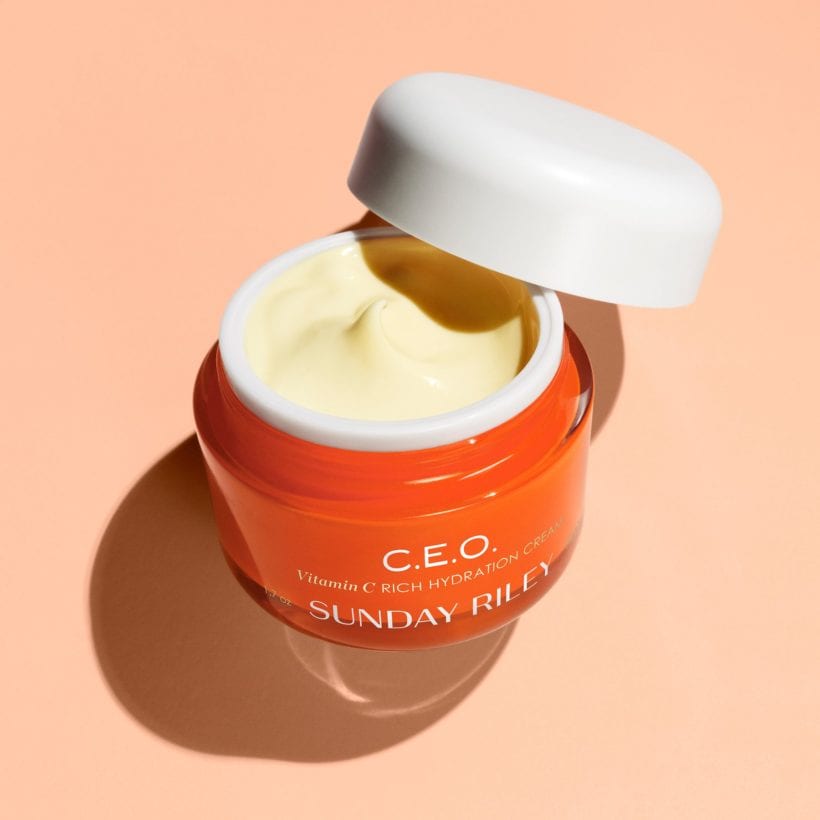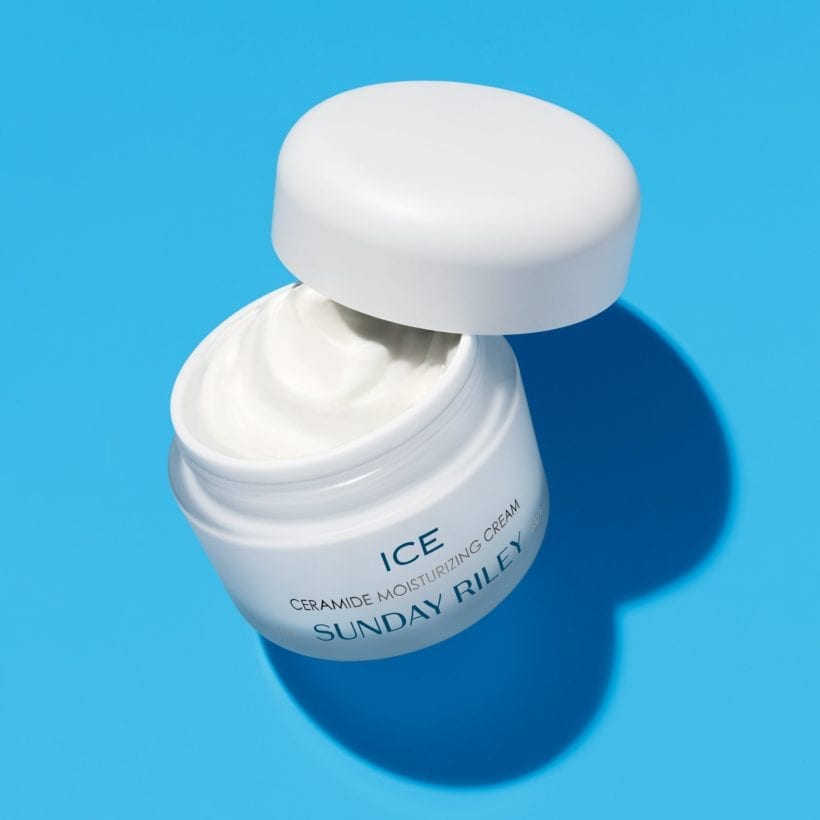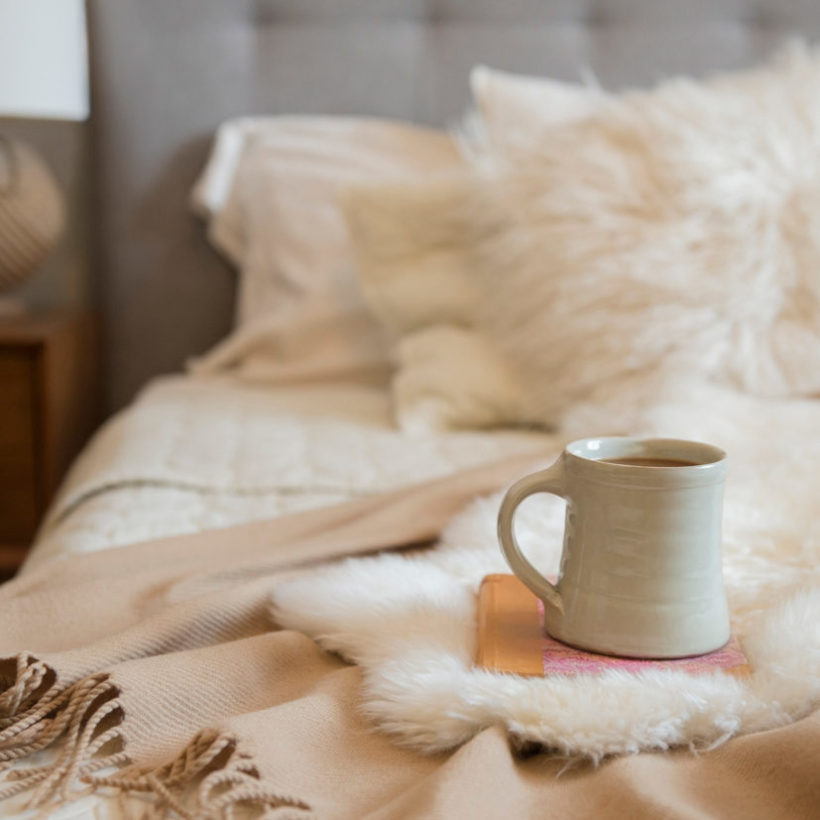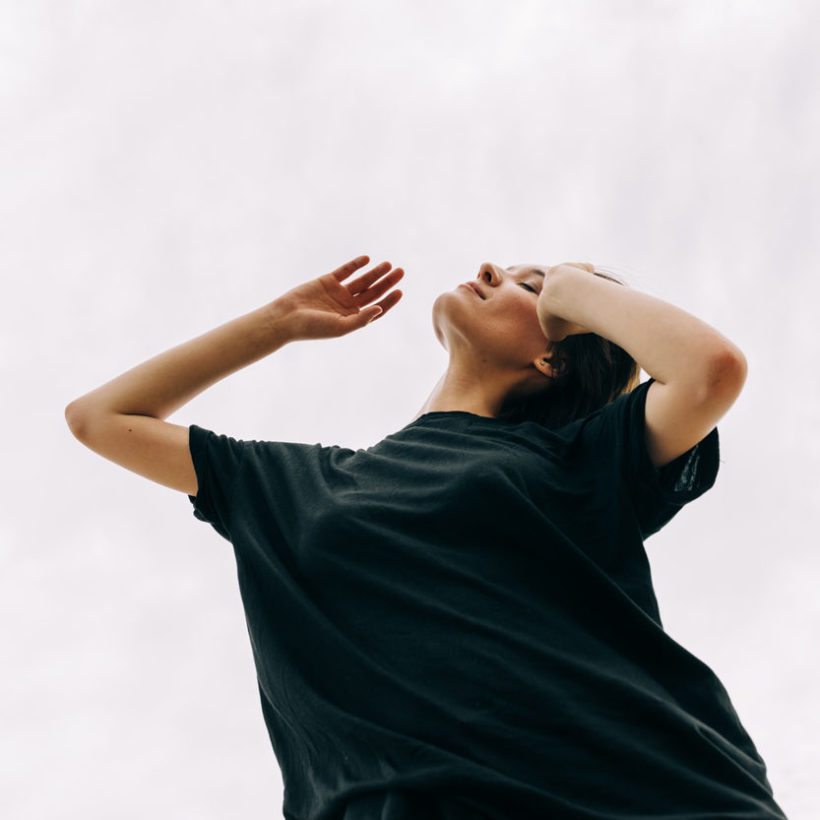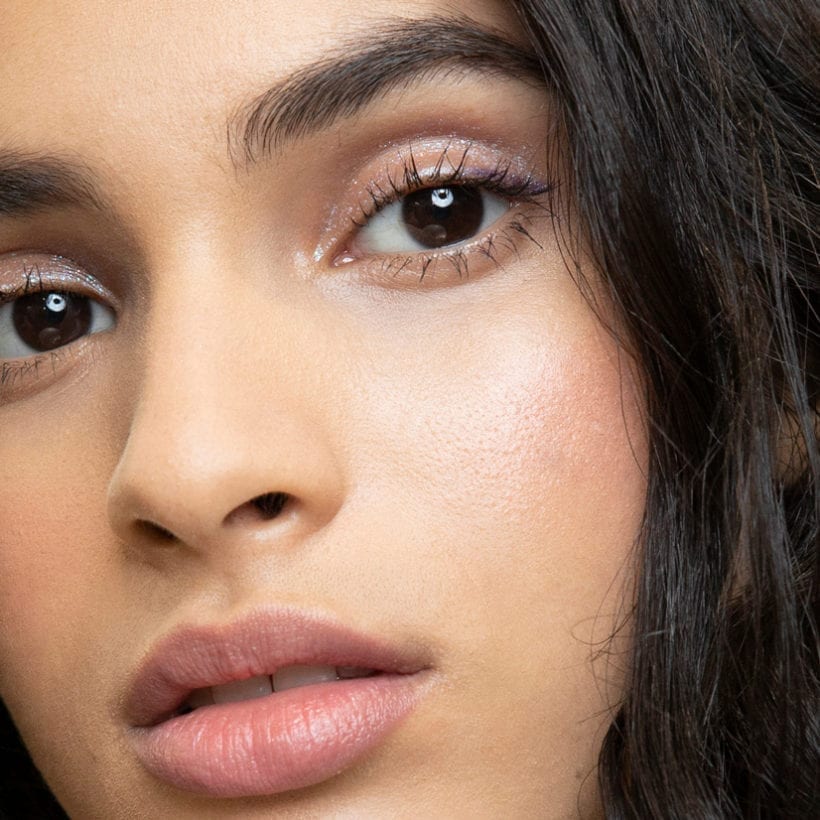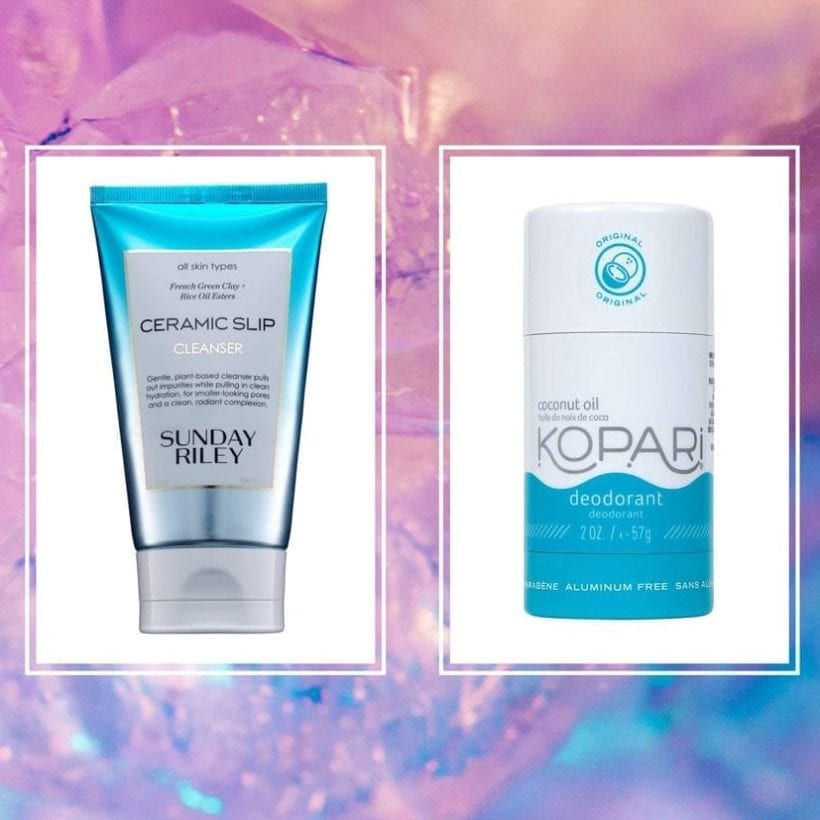From wrapping up work deadlines, to nailing your shopping list, managing family demands, decorating, and more, the holidays can be a lot. As if that wasn’t enough to handle, tack on consuming more cocktails and carbs along with navigating chaotic traveling, adjusting to a new time zone or climate and missing out on quality (beauty) sleep. It doesn’t take rocket science to pinpoint why your skin is far from the definition of a glazed doughnut this time of year thanks to stress-related factors coming from all directions inside and out.
We asked the pros to share why all things holiday affect your skin and how to help keep it merry and bright.
Meet the Experts
Ava Shamban is a board-certified cosmetic dermatologist in Beverly Hills and founder of Ava MD Dermatology and SkinFive Medical Spas.
Sandra Chiu L.Ac., M.S.T.C.M., is an acupuncturist, herbalist, and Traditional Chinese Medicine practitioner with almost 20 years' experience.
Joanna Vargas is a celebrity facialist, founder of Joanna Vargas Salons and Skin Care, and author of “Glow From Within.”
Why stress affects your skin
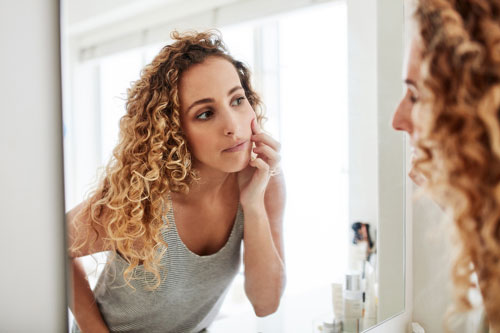
Ava Shamban, a board-certified cosmetic dermatologist in Beverly Hills, explains that it’s in-the-moment stress along with the long-term kind that plays a role in what you see in the mirror. “Acute as well as chronic stress do not just take a toll on our emotional and psychological state,” she notes. “Your physical response manifests with negative affects on your skin that present in a number of ways.”
The not-so-pretty domino effect includes: increased sebum production, clogged pores, blemishes, and collagen degradation. And it doesn’t stop there: “Stress can also create more highly sensitized, reactive skin overall,” says Shamban. “For those with the propensity, it will trigger a flare up of skin conditions such as psoriasis, eczema, or rosacea or exacerbate the condition if it’s already active.”
The reason your stress level and skin are so closely intertwined, Shamban explains is “due to our directly interconnected brain-skin pathway which takes its marching orders by our hormones, the major players in our cellular response.” Essentially, kickstarting the ‘fight or flight’ response has specific negative effects on your skin.
“This process can slow down cellular dermal repair and cause pro-inflammatory skin cells, cortisol causes increased oil production in our network of oil glands, which can lead to clogged pores and acne breakouts,” says Shamban. “It can also disrupt the epidermal barrier disrupting our ability to keep pathogens from entering our dermis so skin can feel tight, itchy, red or blotchy and flaky.”
How holiday stress is sabotaging your skin
Not all stress is created equal — this time of year, specific triggers are targeting your complexion.
Lack of Sleep
“Beauty rest is real!” says Shamban. “It’s our key time of repair and without ample time, cells react by causing more swelling, dark circles, and over time can inhibit or thwart the ability for cellular repair, which also leads to dull skin, sagging, and wrinkles.”
Sandra Chiu L.Ac., M.S.T.C.M., acupuncturist, herbalist, and Traditional Chinese Medicine practitioner, says that subpar sleep is absolutely correlated to your complexion. “It causes excess bloating and puffiness of the skin, dark circles, and more pronounced eye bags,” she explains. Her go-to technique for herself as well as her clients: gua sha. She often shares video tutorials on her Instagram grid to help walk newbies through the basics of this centuries old massage technique. “Facial gua sha is the perfect remedy to help minimize these issues because it helps stimulate better circulation through your face and neck,” she explains.
Shamban recommends reaching for a vitamin C serum as well as a dedicated niacinamide serum “which have a positive effect on wound healing and is also highly antioxidant and anti-inflammatory,” she explains. “You want to increase your skin’s natural line of defense and up your ante and amount of antioxidants to fight skin stress specifically.”
Traveling
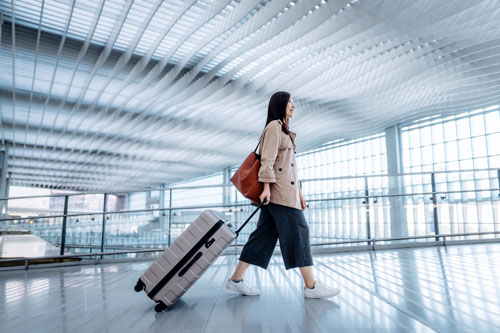
Anyone who has powered through a packed airport and then sat for hours on a plane, knows that travel-related stress is real. Factor in that flying, plus time as well as climate changes are also stressors on your skin, and your complexion is without a doubt dealing with a lot of aggressors. This includes super dry air with little moisture — with humidity levels at about 20 percent instead of the 40-70 percent your complexion craves. “Traveling, flying and climate changes dehydrate the skin, causing rapid TEWL — transepidermal water loss — along with vitamin and nutrient losses,” says Shamban.
Chiu says that traveling in general disrupts your skin because it can also lead to poor lifestyle choices. Think: disrupted sleep for an early alarm and having a carb-heavy snack box or two along with a Chardonnay mid flight. “Air travel can cause excess dryness and if wearing a mask, a flare up of acne or perioral dermatitis,” she explains. “Travel in general can cause us to consume more processed, convenience foods as well which can lead to skin flare ups as well.” While in flight, she suggests drinking ample water (instead of coffee, soda, or alcohol), doing multiple rounds of a hydrating mist followed by a few drops of a face oil. Plus, make sure to massage the combo into your skin well. “I find this the most effective and successful way to moisturize skin to keep it supple and happy while traveling,” she says.
Shamban says to focus on hydration, moisturizing, and smoothing with natural moisturizing factors (aka NMF) such as a hyaluronic acid serum with an emollient moisturizer on top. “Humectants will pull in water and keep moisture in cells to eliminate dehydration and create more plump, hydrated and healthy skin,” she notes. Also opt for ceramide, panthenol, and glycerin formulas to “soothe and smooth keeping skin soft and restoring a more optimal texture as well as help to keep cellular moisture levels intact,” she says.
Increased Alcohol
“Alcohol can wreak havoc on already inflamed skin, particularly acne, rosacea, eczema,” says Chiu. “I recommend abstaining altogether and turn to the many alcohol alternatives out there today.” Can’t bear the thought of ditching a holiday toast? “If you can’t stay away from alcohol, try to be minimal and drink a ton of fluids the day before and of your planned party,” she recommends.
To help take down alcohol-induced puffiness, Joanna Vargas, celebrity facialist and author of Glow From Within, recommends applying a hydrating and vitamin C-rich face mask and performing a gentle lymphatic massage in the morning to “help release the fluids that collect around the eyes and reduce swelling,” she explains. “By stimulating the lymph system, you move fluid out of your tissues into lymph nodes where bacteria, viruses, and other harmful microorganisms are destroyed.” First, using four of your fingers (minus your thumb), delicately massage the area along the sides of your nose and underneath the eyes in a circular motion. Next, move to where the corner of your eye and the cheekbone meet, using the same light massage motion with your fingertips. Then move down and in front of your ears, still massaging in a circular motion. “This will help drain the fluid across the cheekbones, relieving pressure and puffiness,” she says.
Treat visibly stressed skin with proven calming ingredients, says Shamban. “Vitamin E, allantoin, and bisabolol, the active in chamomile, as well as calendula and aloe are all key for calming and comforting stressed skin,” explains Shamban. “The goal is to relieve cellular skin stress, calm, soothe, and fight reactivity, redness, tightness, flaking, itching, and other stress induced atopic conditions.”
High Sugar Diet
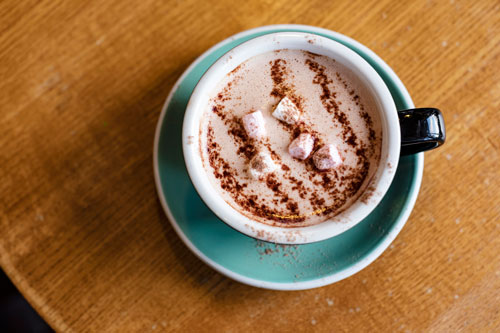
With a calendar filled with holiday party RSVPs, it can be difficult to keep your diet in check, especially when the menu has feel-good comfort foods laden with carb-y apps as well as sugary desserts. Sure, you want to be fun and festive but not having any limitations set and indulging for several weeks can cause complexion chaos.
Over time, “lack of proper nutrition or a diet high in sugar causes blood and hormone spikes and a process called glycation of the skin which damages and breaks down collagen and elastin causing inflammation,” explains Shamban. “Sugars also induce a sebum response leading to blemishes, pimples and blackheads or whiteheads.”
Vargas explains that “sugar also boosts the body’s production of cortisol, which is called the stress hormone because it causes the degradation of collagen in the body,” she explains. “That’s why people recommend you cut back on sugar consumption as you age — it can actually make you age faster.”
Of course, she admits that cutting out super sweet processed snacks entirely is not realistic and simple swaps can make all the difference. “I keep liquid chlorophyll in the fridge and do a shot of it before bed if I had dessert,” she says. “The greens in it will help my body digest better and my skin looks clean and clear in the morning.” The next a.m., “drink a green juice instead of coffee — I love a greens juice with romaine, celery, cucumber, spinach, parsley, kale, and apple with a dash of lemon and ginger,” she says. “This combination helps hydrate the skin from the inside-out and gets your digestive system back on track and helps decrease puffiness in the eyes and improve dark circles.”
According to Shamban, choose skincare that “further strengthens structure and support to protect and stop the cascade of stress.” Look for peptides, “the building blocks of collagen and elastin peptides and the amino acids that they are composed of will support skin structure and strength of the cellular matrix to fight off inflammation and damage,” she says. “Next, restore and boost barrier function with key structural essential fatty acids including omega 3 and 6.”
We only recommend products we have independently researched, tested, and loved. If you purchase a product found through our links, Sunday Edit may earn an affiliate commission.

